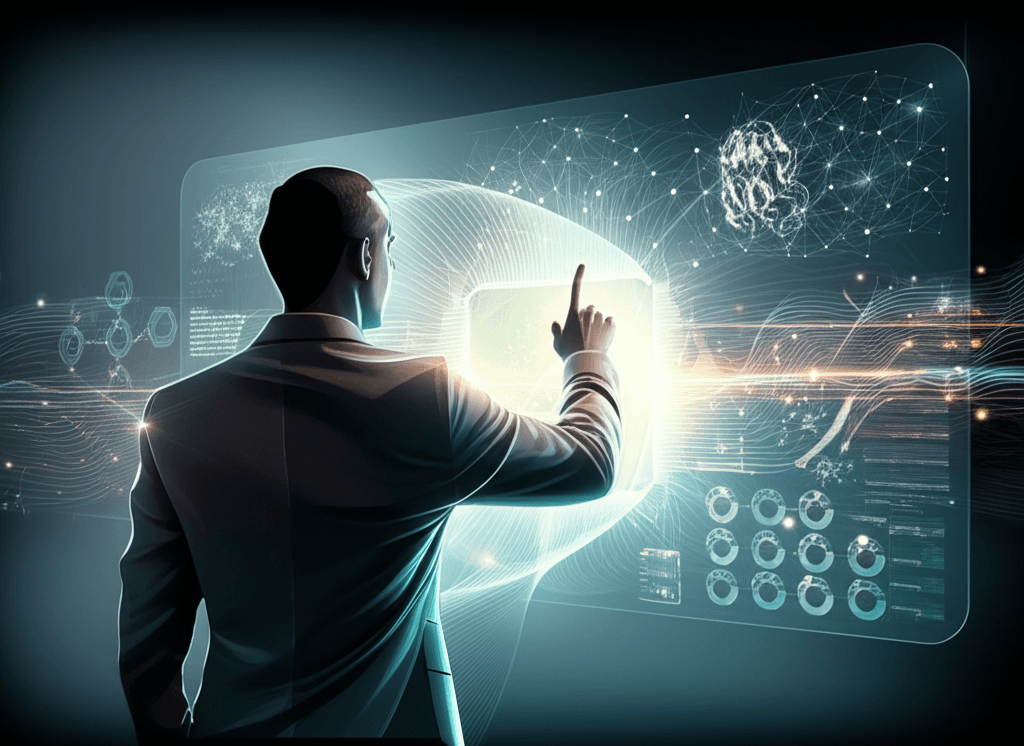Demis Hassabis: AI Future Demands Strong STEM, Coding Foundations
Demis Hassabis argues foundational coding and science skills, combined with human ingenuity, are indispensable for an AI-powered future.
May 25, 2025

Demis Hassabis, the chief executive of Google DeepMind, has a clear message for those considering their future career paths in an era of rapidly advancing artificial intelligence: do not abandon the study of coding and science. Speaking on the New York Times’ Hard Fork podcast, the prominent AI researcher emphasized that these foundational skills will remain crucial, even as AI tools become increasingly sophisticated and capable of automating complex tasks.[1][2][3] Hassabis, a figure at the forefront of AI development, including the creation of systems like AlphaFold which revolutionized protein structure prediction, acknowledged the transformative power of AI but cautioned against viewing it as a replacement for human expertise in STEM fields.[4][5][6][7]
Hassabis's advice stems from a belief that understanding the fundamental principles behind AI and its applications will be paramount. He encourages young people, particularly teenagers, to immerse themselves in AI tools and concepts, suggesting they become "ninjas" with the latest technologies.[2][8][3] This familiarity, he argues, will provide a significant advantage regardless of how these AI tools evolve.[2][9] However, he stresses that this tech-savviness must be built upon a solid STEM foundation, with coding being a particularly important skill.[2][9][3] His perspective is that while AI will undoubtedly disrupt some existing job roles within the next five to ten years, it will simultaneously create new, often more valuable and interesting, positions.[2][9][3] These new roles will likely require a deeper understanding of how AI systems function and how they can be leveraged to solve complex problems.
The landscape of coding itself is undergoing a significant transformation due to AI. Hassabis envisions a future where programming becomes more accessible through natural language interfaces, a concept sometimes referred to as "vibe coding."[10] This evolution, he suggests, is a natural progression up the abstraction ladder of programming languages, moving from machine code and assembler in the early days of computing to higher-level languages like Python, and eventually to using natural language to instruct computers.[10] This shift has the potential to democratize coding, making it accessible to a broader range of individuals, including creatives, designers, and writers who may not have traditional programming backgrounds.[10] AI-powered coding assistants such as GitHub Copilot, Code Llama, and Claude 3 Opus are already demonstrating this potential by generating code, assisting with debugging, and even handling complex analysis.[11][12][13][14] While some tech leaders predict that AI will write the majority of code in the near future, the consensus is that human oversight, problem-solving skills, and the ability to define the goals for AI will become even more critical.[15][10]
In the realm of scientific research, AI is already proving to be an indispensable tool, accelerating discovery and innovation across various disciplines.[16][17] DeepMind's AlphaFold, for instance, solved a 50-year grand challenge in biology by predicting the 3D structure of proteins, a breakthrough with profound implications for drug discovery and disease research.[4][7] AI is being employed to analyze vast datasets, identify patterns, and even formulate hypotheses, augmenting the capabilities of human scientists.[18][19][20] AI tools can automate repetitive tasks, freeing researchers to focus on more creative and high-level problem-solving.[21][18] The development of AI models capable of understanding and interacting with various data modalities, including text, images, and code, is further expanding its utility in research.[22] Hassabis himself believes we are on the cusp of a new "golden age of discovery" powered by AI, where these tools will help tackle some of humanity's biggest challenges, from climate change to healthcare.[16][20][7] However, this doesn't diminish the need for scientists. Instead, it changes their role to one that involves leveraging AI as a powerful assistant, guiding its inquiries, and interpreting its findings within the broader scientific context.
While acknowledging the anxieties surrounding AI-driven job displacement, Hassabis emphasizes the importance of adaptability and "meta-skills" like creativity, critical thinking, problem-solving, and cognitive agility.[23][9] He suggests that as AI takes over more routine and "hard skills," these uniquely human attributes will become even more valuable.[2][9] The ability to "learn how to learn" is another crucial skill highlighted by Hassabis, as the rapid pace of technological change will necessitate continuous upskilling and reskilling.[2] Educational institutions are beginning to recognize this shift, with some offering specialized programs to equip students for an AI-driven future.[21] The focus is shifting from rote memorization of facts or syntax to developing a deeper understanding of concepts and the ability to apply knowledge in novel situations, often in collaboration with AI tools.[15][23] This suggests a future where human expertise is augmented, not replaced, by AI, leading to a partnership where individuals can achieve "superhuman" capabilities by effectively utilizing these advanced technologies.[3]
In conclusion, Demis Hassabis's message is one of cautious optimism and proactive adaptation. He foresees a future where AI significantly reshapes the job market and the nature of work in fields like coding and science, but he firmly believes that human skills and knowledge in these areas will remain indispensable.[2][9][3] His advice to embrace AI tools while simultaneously strengthening foundational STEM knowledge underscores a vision where humans and AI collaborate to drive innovation and solve complex problems.[2][8][3] The development of AI is not a signal to abandon traditional scientific and technical disciplines, but rather a call to deepen that understanding and cultivate the uniquely human skills of creativity, critical thinking, and adaptability that will be essential in an AI-augmented world.[23][9][16] The ability to understand, utilize, and innovate with AI will be a key differentiator, and a strong grounding in coding and science provides the essential framework for that engagement.[2][21]
Sources
[3]
[7]
[10]
[11]
[12]
[13]
[15]
[16]
[17]
[19]
[20]